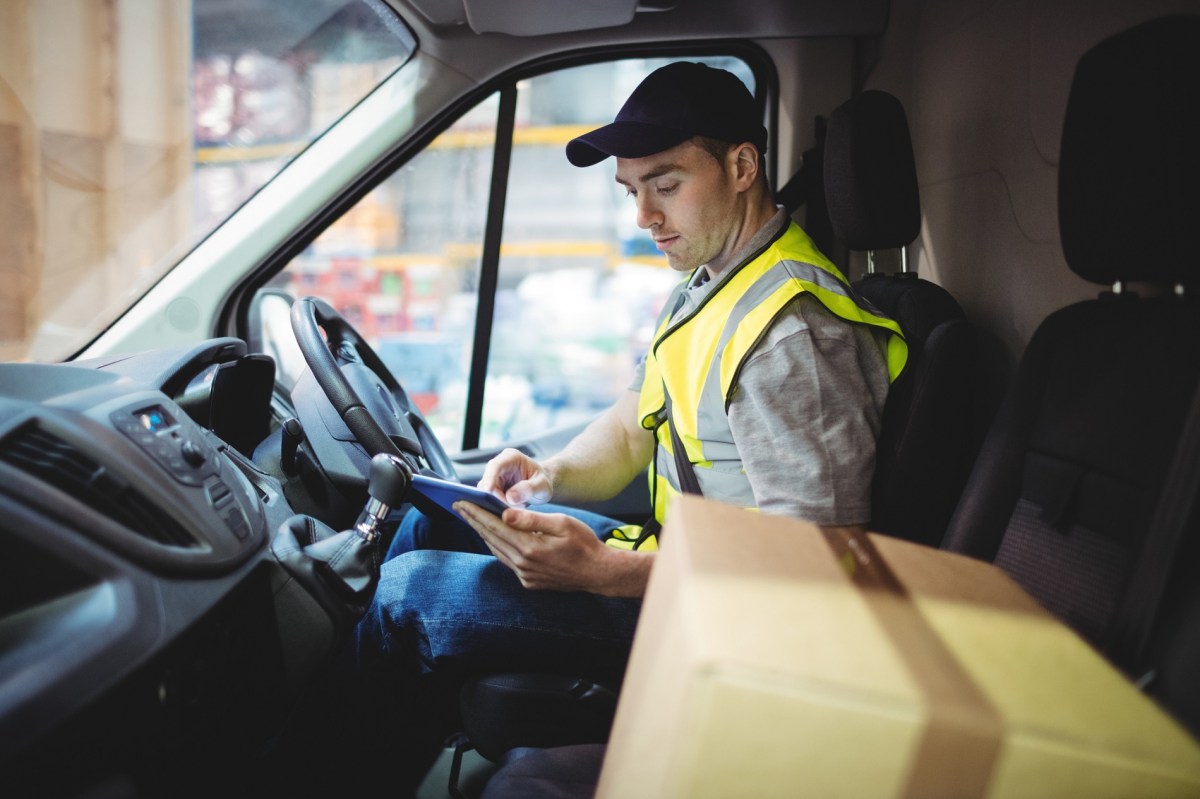The boom in online shopping has put increased demand on the logistics industry, resulting in continued growth in road and air freight.
An environmental training and certification expert has warned that the logistics sector will contribute to alarming carbon emission levels if it does not effectively and strategically combat emissions now, suggesting that a successful strategy must be led by boards and executive leaders.
“The rapid growth in deliveries of goods took much of the logistics industry by surprise last year, and they rose to the challenge to expedite deliveries to consumers and businesses,” SAI Global environmental management systems expert, Saeid Nikdel said.
“The additional pressure in delivery volumes may have delayed the industry in making headway on setting and making carbon reduction emissions. Now that businesses have had time to adjust to continual high delivery volumes, 2021 is a good year to create a plan to reduce each business’s environmental impact and create change within the industry overall.”
ABS data reveals that online shopping sales in Australia have increased 64% month-on-month since March 2020. Similarly, global air cargo demand has surpassed pre-pandemic levels – up 9% in February 2021 on February 2019 volumes, according to the IATA. With the transport sector accounting for almost one-fifth (18%) of Australia’s total emissions, sitting behind the energy sector, logistic and freight organisations need to step up.
“The logistics sector has an enormous challenge ahead, and business leaders need to drive this change from the top. While transport is at the heart of the sector, stakeholders still want organisations to be transparent and accountable to their sustainability goals. They want to see businesses taking active steps to minimise their impact. Government emission targets to achieve net-zero by 2050 also add pressure on businesses to take this seriously,” Saeid said.
“There are smaller changes such as using recyclable or recycled packaging materials, to more significant ideas including transitioning to electric vehicles and drawing electricity from renewable-energy sources. To keep a business accountable to its environmental objectives and ensure it is making progress, certifying to international benchmarks such as ISO 14001 Environmental Management System can be valuable. It demonstrates to stakeholders and the broader business that there is a strategic plan for the business to be more sustainable.”
Organisations that certify to ISO 14001 can keep themselves accountable to its environmental strategy as independent audits occur several times during the three-year lifecycle of the certificate. It also guides business leaders who commit to an environmental policy to hold them responsible for driving the change:

